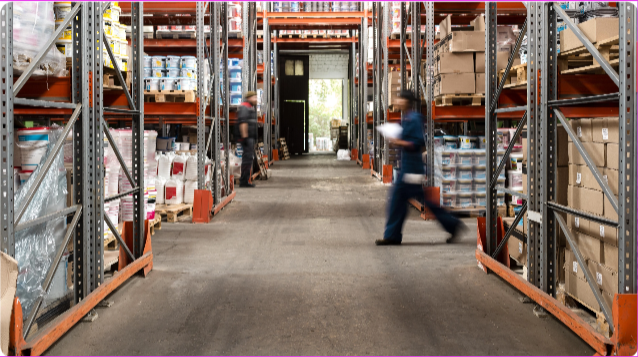
Integration of business software solutions for efficient growth
Recycling has come a long way from simple sorting bins and manual processes. Today, groundbreaking technologies are transforming the way we recycle, making it more efficient, accurate, and impactful. These advancements are reshaping industries, reducing environmental footprints, and paving the way for a sustainable future.
The Need for Innovation in Recycling
Traditional recycling systems often face challenges such as contamination, inefficiency, and limited capabilities to process complex materials. With increasing waste generation worldwide, innovative technologies are essential to address these issues and ensure materials are reused effectively.
Game-Changing Recycling Technologies
- Artificial Intelligence (AI) Sorting Systems AI-powered robots and machines are revolutionizing waste sorting. These systems use sensors, cameras, and machine learning to identify, classify, and separate materials with precision, significantly reducing contamination and improving recycling rates.
- Chemical Recycling Unlike traditional methods, chemical recycling breaks down plastics into their original chemical components, allowing for the creation of high-quality materials that can be reused indefinitely. This technology holds promise for tackling the global plastic waste crisis.
- Advanced Material Recovery Facilities (MRFs) Modern MRFs integrate robotics, AI, and optical sorting to process mixed waste streams quickly and accurately. These facilities can recover more materials and ensure higher quality recyclables for reuse.
- Blockchain for Recycling Transparency Blockchain technology is being used to track recyclable materials through the supply chain. This ensures accountability and helps businesses and consumers understand the lifecycle of recycled products.
The Benefits of Recycling Technology
- Improved Efficiency: Faster and more accurate sorting reduces operational costs and waste sent to landfills.
- Enhanced Material Recovery: Advanced systems can recycle materials that were previously considered non-recyclable.
- Environmental Impact: Reduced waste, lower carbon emissions, and less reliance on virgin resources contribute to a healthier planet.
